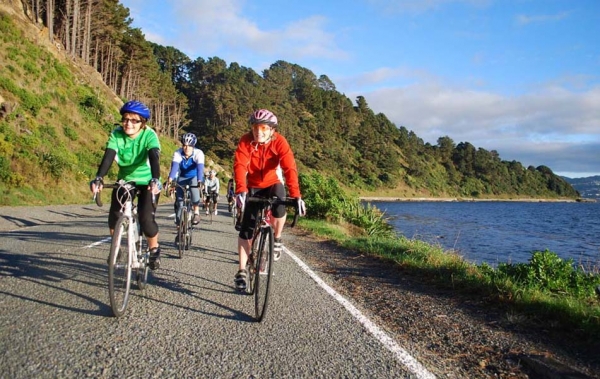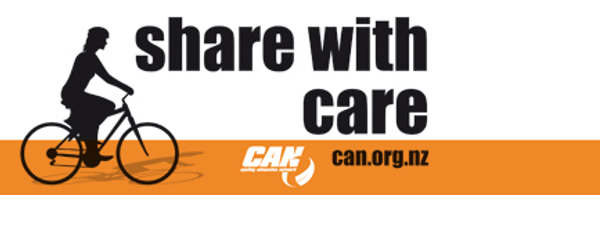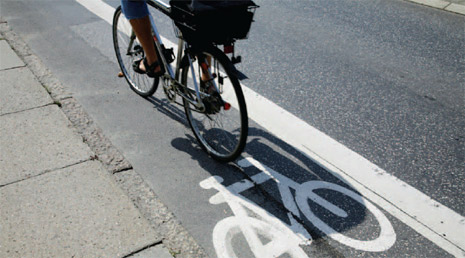Wellington Central City Safer Speed Limit CAW submission
Central City Safer Speed Limit - Cycle Aware Wellington submission
Central City Safer Speed Limit - Cycle Aware Wellington submission
The UK Department for Transport recently commissioned the Transport Research Laboratory to conduct a literature review to consider the role of infrastructure in relation to the safety of cyclists and their interaction with other road users.
"Overall, it proved problematic to draw firm conclusions from the literature," admitted TRL, but it concluded "Of all interventions to increase cycle safety, the greatest benefits come from reducing motor vehicle speeds."

If you are new to cycling, bunch riding is an excellent way to get started, learn riding skills and meet other people on bikes. Generally, the route chosen will take account of the weather and road conditions. Ask at the local bike shop, as they will usually know of regular rides, or contact one of the cycling clubs and groups.
Background: Bicycling has the potential to improve fitness, diminish obesity, and reduce noise, air
pollution, and greenhouse gases associated with travel. However, bicyclists incur a higher risk of injuries requiring hospitalization than motor vehicle occupants. Therefore, understanding ways of making bicycling safer and increasing rates of bicycling are important to improving population health. There is a growing body of research examining transportation infrastructure and the risk of injury to bicyclists.
In spite of encouraging people to report bad driving, police have failed to keep track of the data.
Story includes comments from Atom Emet, Patrick Morgan and Kevin Hague; and video from Vexatious Litigant and Atom Emet.
http://tvnz.co.nz/national-news/cyclists-claim-police-ignoring-road-safe...

Cycling deaths Inquest announced
Waikato Coroner Gordon Matenga will travel to four separate regions throughout the country to hear evidence relating to nine cycling deaths to try and identify any common trends or information that could prevent a re-occurrence of such tragedies.
My mother is a feisty 88-year-old who is still working to change the world. She often reminds me that Kate Sheppard was her great-aunt, so she has a proud tradition to maintain.
For the past fortnight she has regaled me with her friends' reports about the hazards of fast-travelling lycra-clad cyclists. I suspect she's hoping Cycle Action Auckland (CAN) can change their behaviour.
My mother's generation grew up in a different world. They are now confronted with lycra, traffic congestion, impatient drivers and endless talk about unhealthy lifestyles and obesity.

Road safety is no accident, nor is it a joke.
Allow me to debunk myths about people who ride bikes, (R Fowles, DomPost letters 20 Nov)
Let's look at the facts.
It's not ok to break the rules, whether you are on a bike or driving. Ministry of Justice figures show just one percent of traffic offences are committed by people on bikes.
The Cycling Advocates Network's 'Stop at Red' and 'Cruise the Waterfront' campaigns promote responsible cycling.

Take action to make our roads safer
We are distressed at this week's crashes and want to take action.
Here's some ideas from the Cycling Advocates Network.